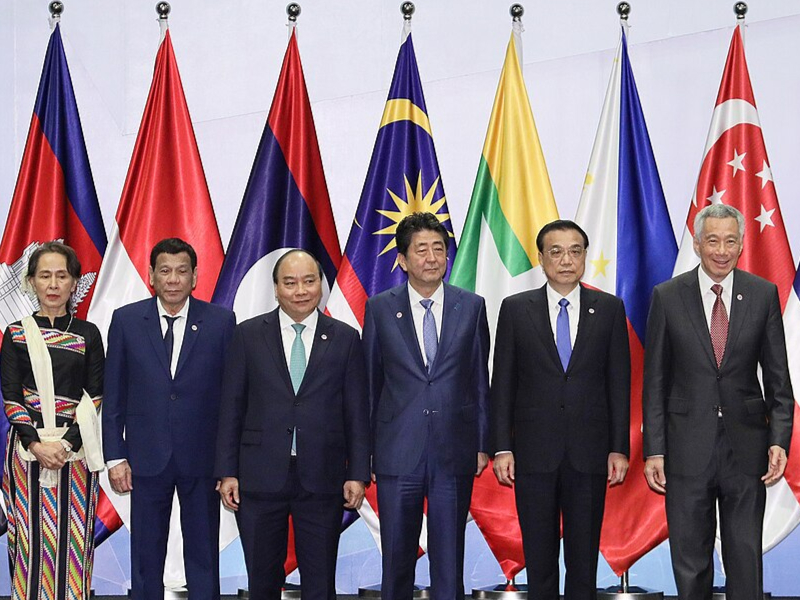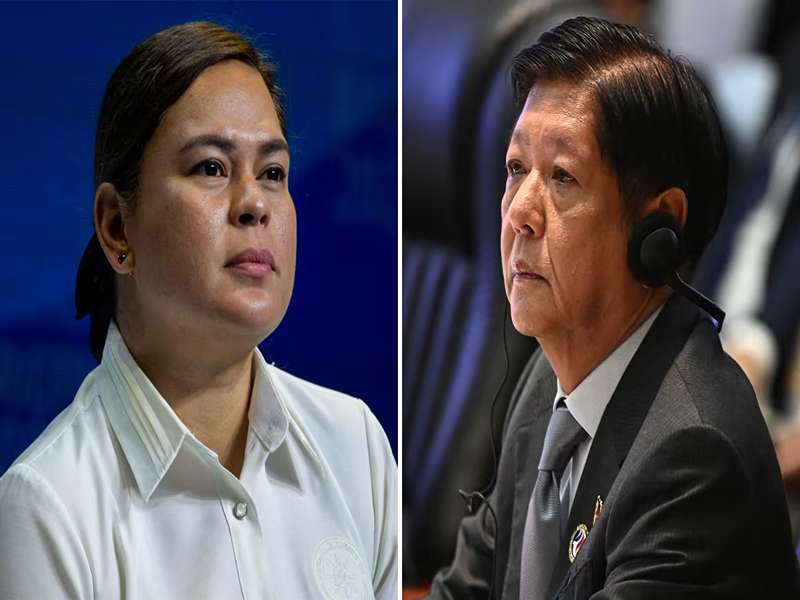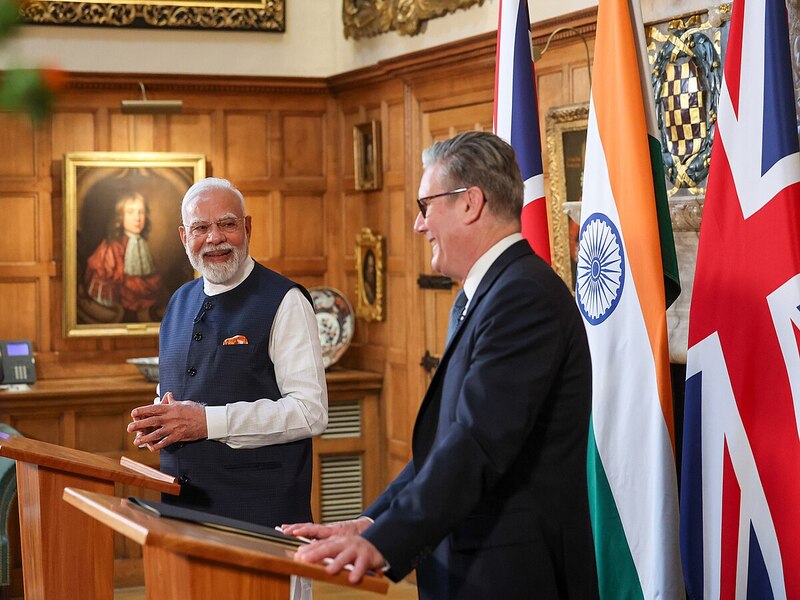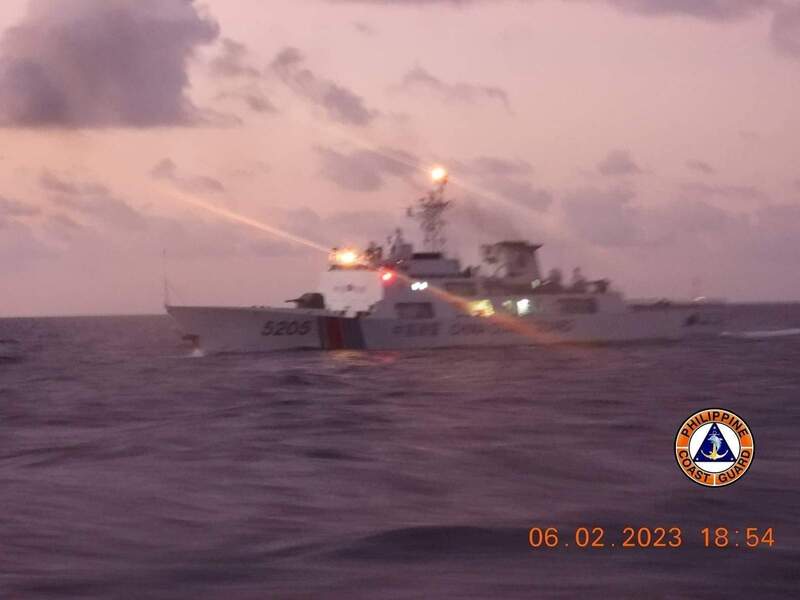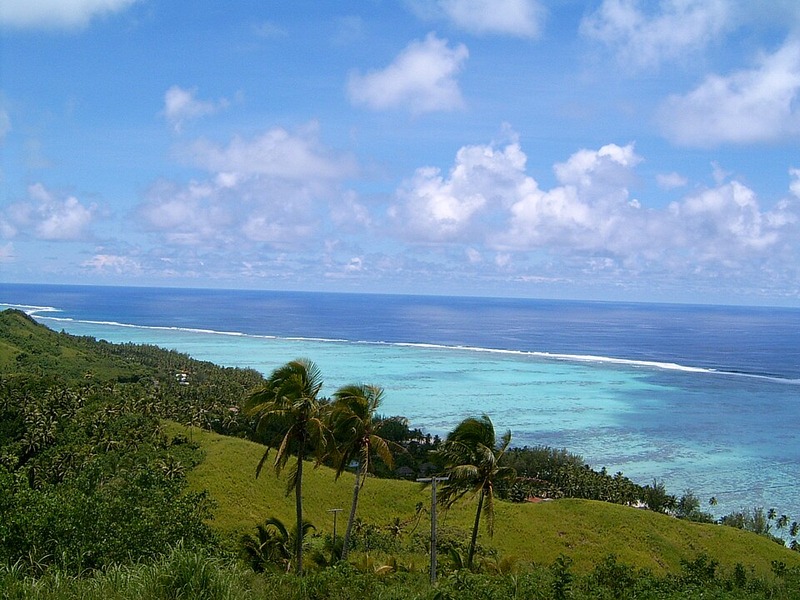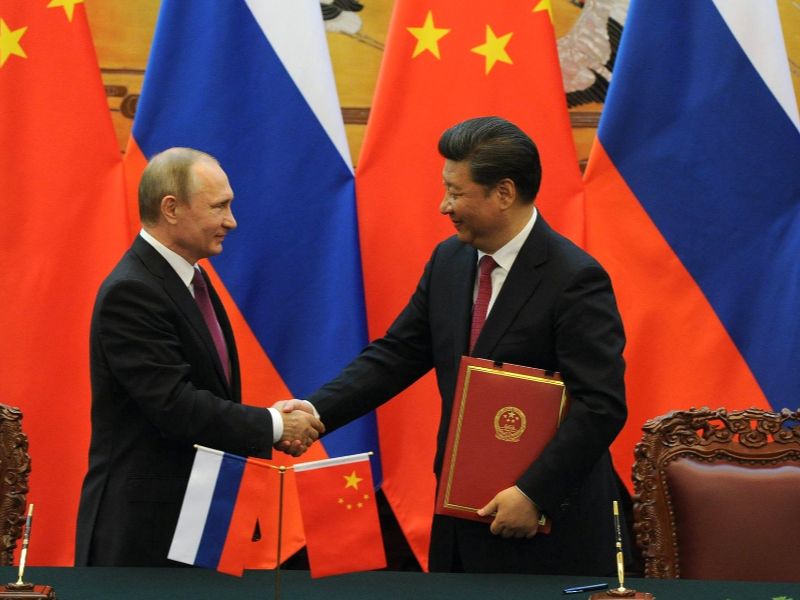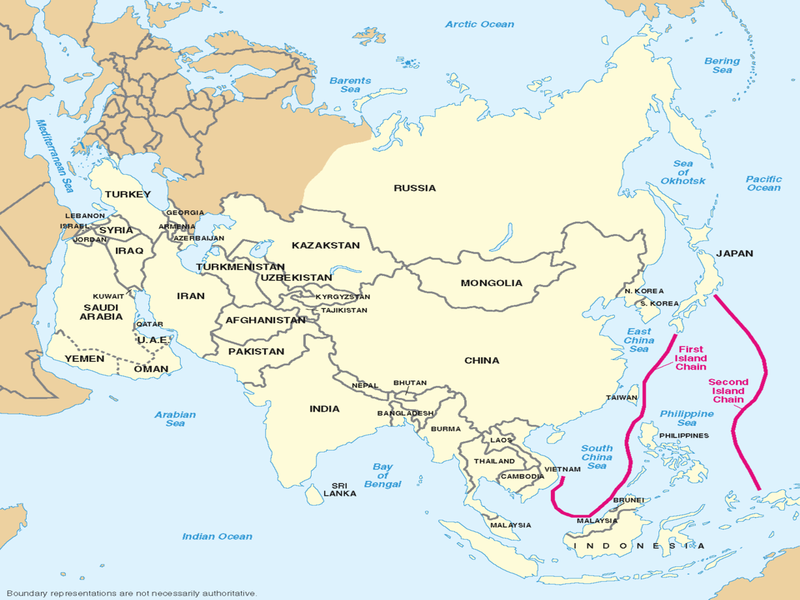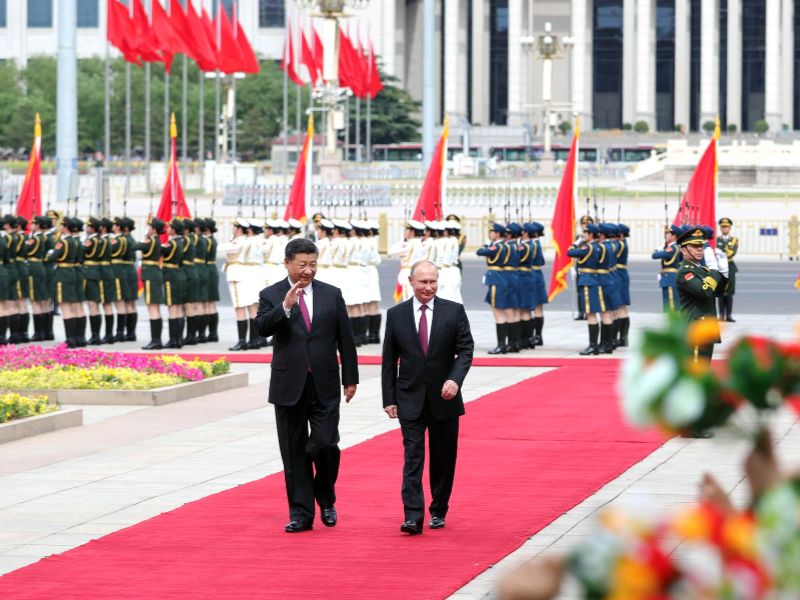Why is minilateralism viewed as the normative security model by states in the Indo-Pacific? What challenges can multilateralism face within the region, and how can minilateralism circumvent them? In this article, Karissa Cruz highlights why the postcolonial context from which much of the region emerged can create limits for NATO-style security cooperation, and why minilateralism has emerged as the primary framework.
7. Themes
Placeholder for themes
From Kyiv to Taipei: Why the Russian-Ukrainian War Matters in the Indo-Pacific
Alexander Morrow and Nataliia Dikalchuk explain why Ukraine’s fight matters far beyond Europe. The war is reframing deterrence in the Indo-Pacific, prompting Taiwan to prioritize self-reliant defence and pushing China to reassess Western unity. Their analysis highlights how democratic resilience in one region shapes security calculations in another.
The Philippines at a Crossroads: Domestic Politics and NATO’s Indo-Pacific Challenges
What implications does domestic Philippine politics pose for foreign policy for NATO members? In this article, Karissa Cruz highlights the broader implications posed by the Duterte-Marcos feud over foreign policy direction, what it means for NATO, and how members should perceive these tensions amidst the heightened aggression by China.
A Model for NATO Engagement in South Asia: Why Working with India Makes Sense for Britain
What lessons can NATO members learn from the United Kingdom and India’s growing strategic partnership? In this article, Angus MacKellar discusses how London has strengthened its relationship with New Delhi whilst avoiding broader geopolitical commitments in an increasingly fractious South Asian security environment, underlining how India’s position and interests make flexible NATO engagement both feasible and valuable.
Illuminating the Grey Zone: How NATO can help shape the Indo-Pacific’s Pre-Conflict Terrain
What role can NATO play in addressing grey zone coercion in the Indo-Pacific? In this article, Joel Sawyer explores how the Alliance can strengthen regional pre-conflict deterrence and preparedness to reduce the effectiveness of coercive grey zone operations, actions, and activities.
Rare Earth Resilience: How NATO Can Secure Its Technological Future Amid US-China Rivalry
As US-China rivalry escalates, China’s new export curbs on rare earths have exposed NATO’s dangerous dependence on external suppliers for the minerals underpinning its defence industries. Daniel Lincoln argues that the Alliance must develop a unified industrial strategy to secure access to critical materials, independent of both Washington and Beijing. By building diversified supply chains, joint stockpiles, and integrated processing capacity, he contends that NATO can turn resource vulnerability into strategic resilience.
Beneath the Surface: China’s Deep-Sea Diplomacy in the Pacific Ocean
In this article, Narayan Srivastava examines how China’s accelerating push into deep-
sea mineral partnerships across the Cook Islands, Kiribati, and Tonga is reshaping the
South Pacific’s strategic balance. The article also highlights emerging vulnerabilities for
Canada and NATO in critical mineral supply chains. The piece evaluates how Pacific
resource politics now intersect with broader questions of regional dependence, maritime influence, and great-power competition.
China’s Calculated Partnership: Decoding Beijing’s Alignment with Russia and NATO’s Strategic Response
In “China’s Calculated Partnerships: Decoding Beijing’s Alignment with Russia and NATO’s Strategic Response,” Daniel Lincoln argues that Beijing’s support for Moscow stems from insecurity, not ideology, and that misreading this dynamic risks hardening a fragile partnership. The piece calls for a strategy of restraint and engagement – one that deters aggression while offering China reasons to distance itself from the Kremlin.
The 2025 NATO Summit and Its Implications for Indo-Pacific Security
In his latest piece, Alexander Morrow highlights how new NATO spending commitments strengthen security in both Europe and the Indo-Pacific. As the alliance rebalances burden sharing, European arms purchases have the potential to bolster the United State’s military industrial base and its ability to deter aggression against Taiwan.
Strategic Myopia: The Folly of Tariffing China to Halt Russian Aggression in Ukraine
In Strategic Myopia: The Folly of Tariffing China to Halt Russian Aggression in Ukraine, Daniel Lincoln argues that proposed secondary sanctions on China would backfire by hurting Western economies more than Beijing. Drawing on data and historical parallels, he contends that China’s vast domestic market, diversified trade networks, and resilience to sanctions make economic coercion ineffective. Instead, he maintains that NATO should focus on understanding Beijing’s strategic calculus and pursue policies that engage rather than alienate China.

